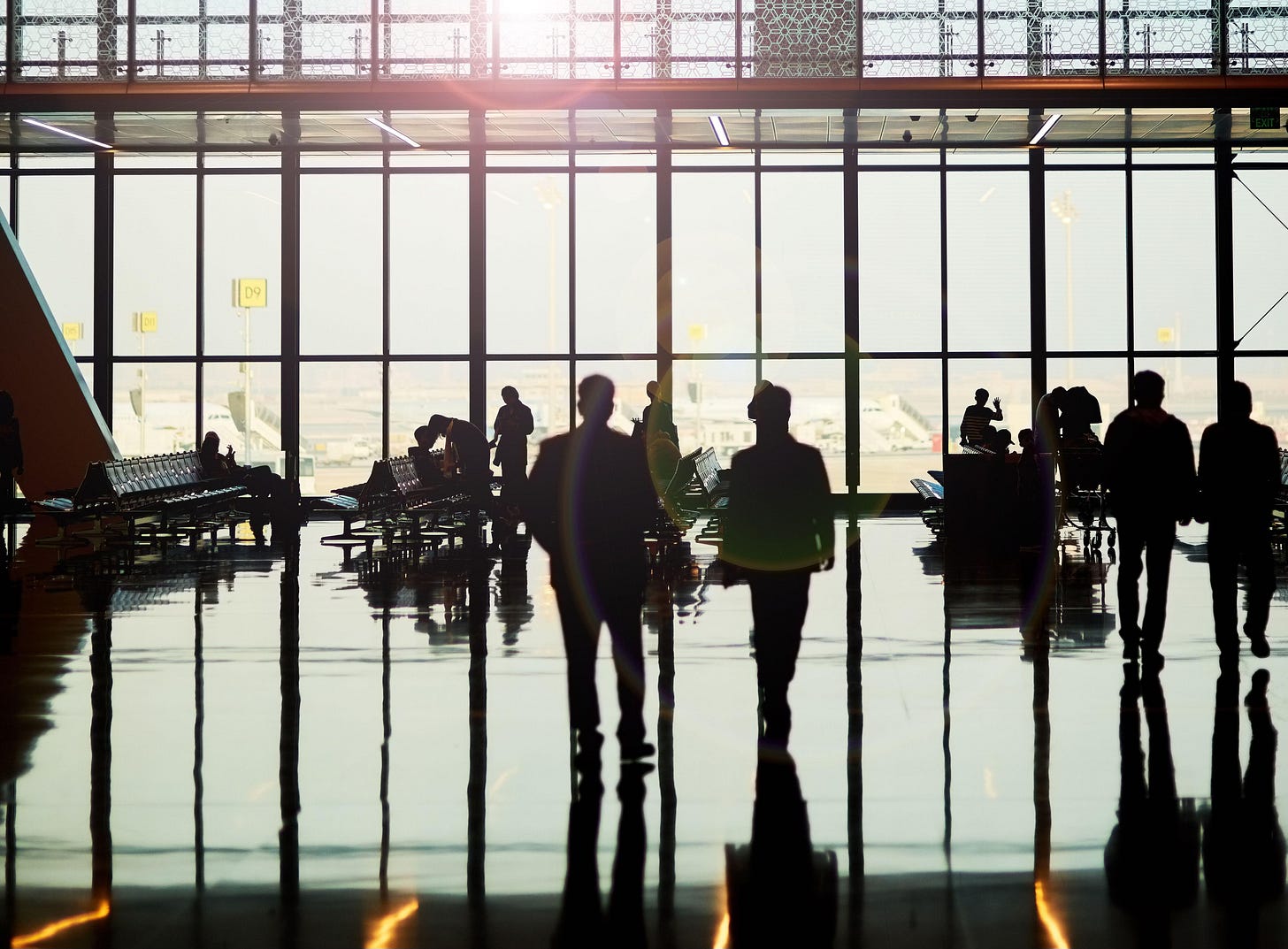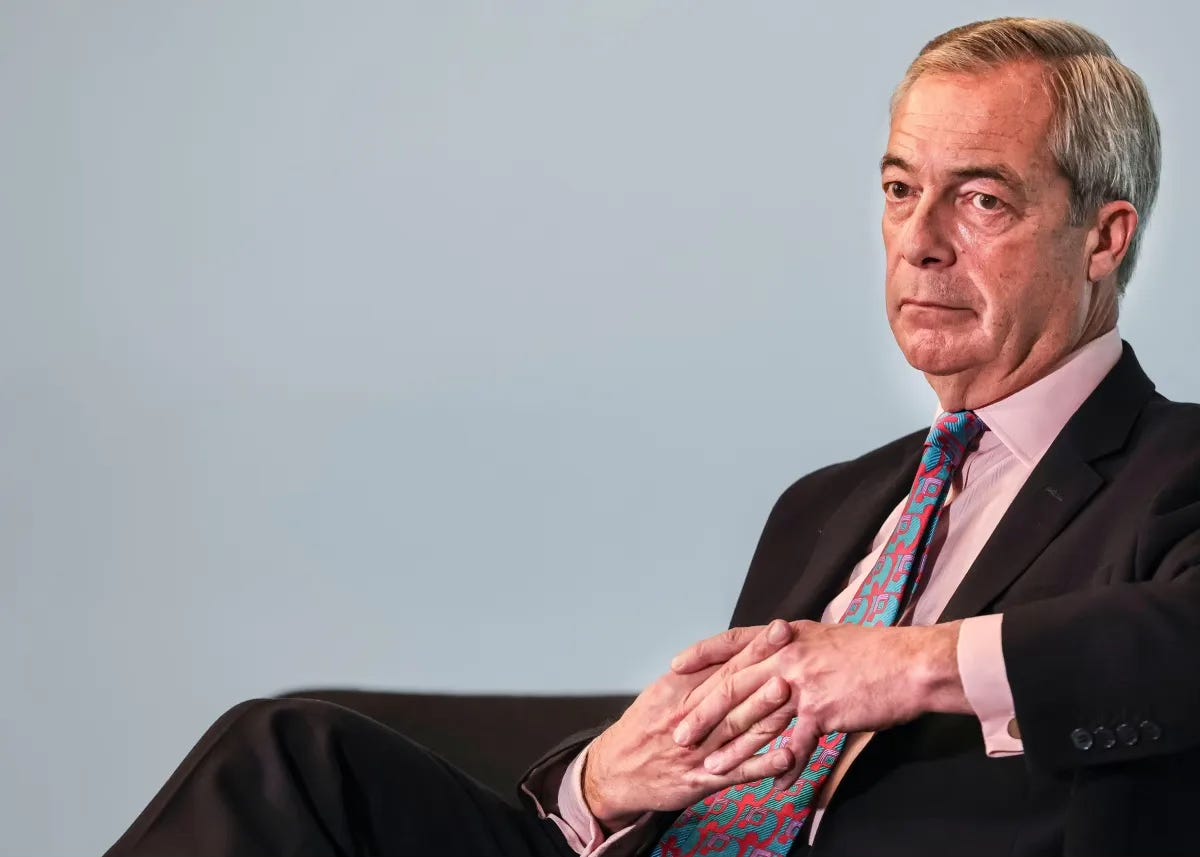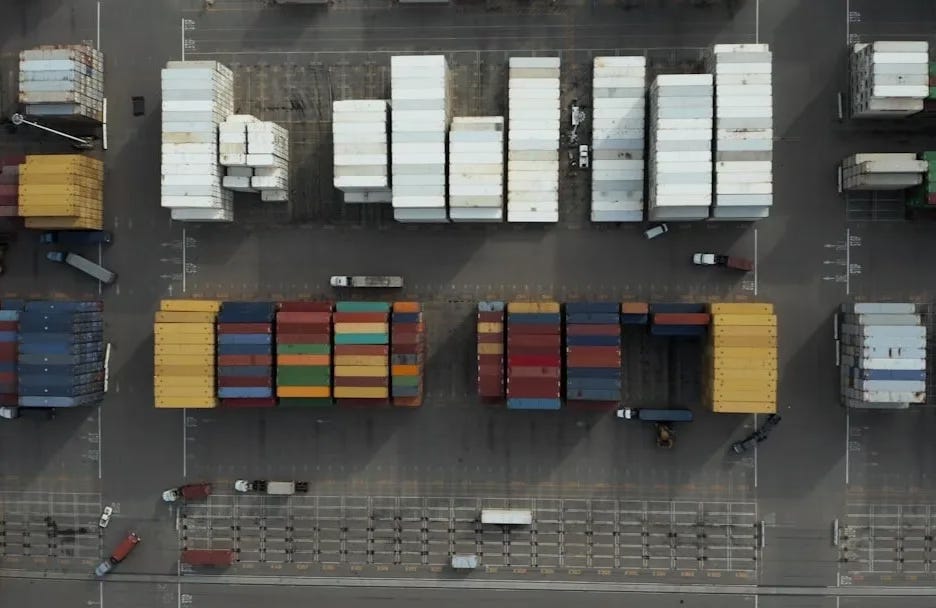As his northern neighbours head to the polls today, Donald Trump has bid "Good luck to the Great people of Canada”, before urging them to elect him instead.
"Look how beautiful this land mass would be,” wrote Trump on Truth Social as he dismissed the “artificially drawn line from many years ago” and urged Canadians to become the 51st State of America: "Elect the man who has the strength and wisdom to cut your taxes in half, increase your military power, for free, to the highest level in the World, have your Car, Steel, Aluminum, Lumber, Energy, and all other businesses, QUADRUPLE in size, WITH ZERO TARIFFS OR TAXES”.
While it’s tempting to dismiss Trump’s repeated jibes about the 51st state as too absurd to pay attention to, they look set to have a major influence on the outcome of Canada’s nation election. Just not quite in the way Trump had intended.
Trump’s threats about his northern neighbour’s sovereignty has prompted a surge in nationalism inside Canada, providing a major boost to current Prime Minister and Liberal party leader, Mark Carney, who has campaigned as the “anti-Trump” candidate.
In fact, Trump has facilitated a stunning reversal in the fortunes of Trudeau’s centre-left liberal party, which Carney, the former BoE governor, recently took over.
There are two key parties to watch in this election and they are the ruling Liberal party and the opposition Conservative party, headed by Pierre Poilievre, which calls for low taxes, reduced immigration and government regulation, a tougher stance on crime and far less tolerance for any “woke” agendas.
A mere six months ago, Poilievre looked all but certain to be the prime minister in waiting. After years of worsening public sentiment towards Trudeau, who has held power since 2015, the opposition Conservative party had secured a 25-point lead in national polls.
Over the past few months, however, the picture has changed dramatically, amid a massive uptick in support for the Liberals. Pollsters from Ekos are predicting today that Carney could lead his party to 184 seats, well over the halfway mark of 172.
For that, Carney largely has Donald Trump to thank.
As Canadians go on the defensive against the US President, Poilievre has suffered for pushing a political agenda more aligned with the White House.
And, amid big concern over the impact of Trump’s tariffs on domestic industries, polls indicate that Canadians see Carney as a stronger choice to negotiate with Donald Trump.
Is he really?
Certainly in the traditional sense, Carney lacks political experience: he has been propelled to the highest office in the land without even being elected as an MP, let alone serving in cabinet. That said, when it comes to Canada’s current woes, his past credentials are by all means of relevance. The two-time bank boss has been keen to present himself as a veteran of politico-economic turmoil, having steered the Bank of Canada and Bank of England through the 2008 financial crash and Brexit respectively.
Admittedly, the jury is out on quite how effectively he handled either crisis. In a recent piece in Reaction, Anthony Peters labelled Carney one of Britain’s most ineffectual central bankers. He also pointed out that, while Carney is widely praised for helping Canada to avoid the worst of the GFC, much of that credit in fact belongs to his predecessor at the BoC, David Dodge.
But, if polls prove accurate, Canadians look set to gamble on Carney as the man to take on Trump.
Turnout is expected to be high. Early voting for this election has shattered records with about 7.3 million people already casting their ballots nationwide.
Even in Quebec, Trump appears to have inadvertently helped to calm longstanding tensions with Ottawa on the issue of independence. French-speaking Quebec fiercely protects its identity and culture as a distinct society and has twice held referendums on whether to seek independence from the rest of the country. Yet, amid Trump’s repeated threats to turn Canada into the 51st state, "Canadian patriotism is on the rise in Quebec", Émilie Foster, an adjunct professor in politics at Carleton University, told The BBC today. "We prefer to be part of Canada instead of being part of the United States, if we have to choose,” she reasoned.
Ironically, Trump’s divisive comments about his northern neighbour appear to be creating unity - by giving Canadians a common enemy.
Caitlin Allen
Deputy Editor
ON REACTION TODAY
Maggie Pagano
We need to talk about Wexit: the UK's wealth exodus
Iain Martin
Farage and European populism’s looming Trump problem
Anthony Peters
Trump is failing to end the Ukraine war but he's right about one thing
Ian Stewart
Tariffs eat into growth outlook
ALSO KNOW
Blackouts across the Iberian Peninsula - A widespread power outage has crippled Spain, Portugal and parts of France today, with airports closed and trains stalled in dozens of cities and authorities racing against time to restore power before sunset when solar power will be lost. While the blackout is believed to have been caused by “extreme weather” that led to a “rare atmospheric phenomenon”, the cause is still under investigation, said Spain’s prime minister this evening.
Concern mounts over Israel’s aid blockade - A Palestinian envoy accused Israel of using humanitarian aid as a “weapon of war” during International Court of Justice hearings today, after the UN World Food Programme said it had depleted all of its food stocks in Gaza, where Israel has blocked deliveries of humanitarian aid for seven weeks - the longest closure Gaza has ever faced. The Israeli foreign ministry has rejected criticism of the blockade, saying it “is monitoring the situation on the ground, and there is no shortage of aid in Gaza."
Starmer’s plan to curb legal migration - The UK government will unveil its immigration white paper after Thursday’s local elections, which is expected to outline plans to reduce legal migration by making it harder for foreign students who come to the UK on graduate visas to stay here in low-paid jobs. Universities UK – the main sector lobby group – has said it would be “madness” to go ahead with such a plan at a time when universities are under severe financial strain.
Putin proposes three-day ceasefire - The Russian President has proposed a temporary ceasefire in the war in Ukraine, from the morning of 8 May until the 11 May, based on humanitarian considerations", to coincide with victory celebrations to mark the end of World War Two. In response, Ukraine questioned why Russia could not commit to a ceasefire immediately and called for one to be implemented for at least 30 days.
South China Sea escalation - Beijing has seized a small reef in the South China Sea, in an escalation of a regional dispute with the Philippines. Chinese state media released images of four officers, wearing all black and holding the Chinese flag, standing on the disputed reef of Sandy Cay in the Spratly Islands, which the Philippines also claims sovereignty over.
FIVE THINGS
We’re living in the most age-diverse time in human history. So why are we so age segregated? asks The Atlantic
Elite universities in the US are forming a private collective to resist Trump, reports the Wall Street Journal
POLITICO on the billionaire who wants to Make France Great Again
George Eaton in The New Statesman on the Lib Dems’ strange rebirth
Ben Smith in Semafor on the group chats that changed America







